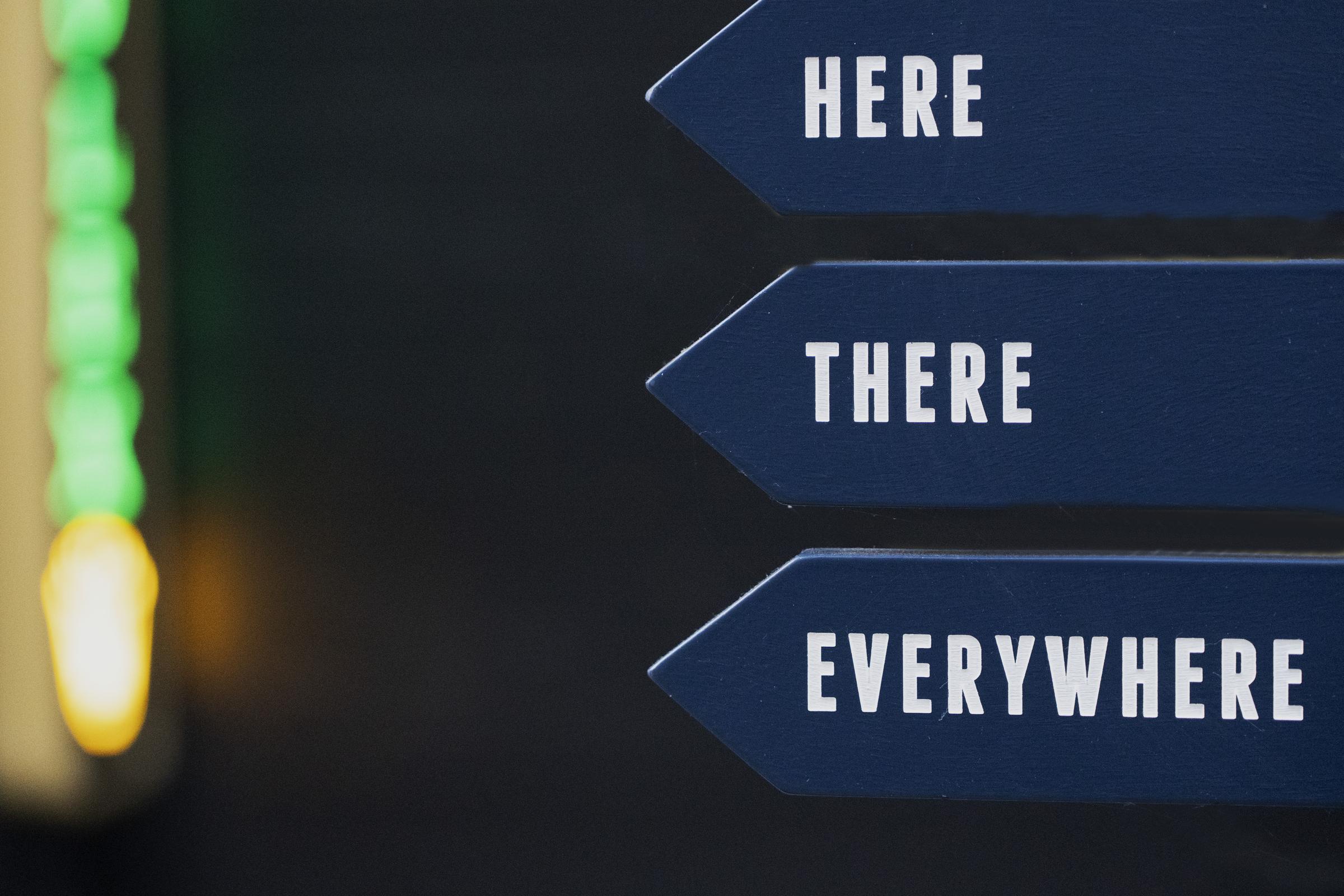Careers Update

How to become a Criminologist
Criminologists look into the human mind to discover the reasons why people commit crimes. They also work on ways to stop people from committing crime, and look at whether the current justice system effectively deters criminals.
If you have an interest in human behaviour, are curious and analytical, and want to work towards improving our society, becoming a Criminologist could be ideal.
About you:
- Excellent people skills
- Great communicator
- Problem solving whiz
- Curious and inquisitive
- Resilient and mentally tough
- Can work in teams and alone
- Fair and justice-minded
- Critical thinker
The job:
- Researching reasons for criminal behaviour
- Collecting data on crime and statistics
- Examining trends in criminal behaviour over time
- Advising policymakers and government on crime issues
- Developing strategies to prevent crime
- Examining whether current justice systems are effective
- Rehabilitating criminals to prevent re offending
- Working with victims of crime to provide support
Lifestyle Impact: Low
- Part Time opportunities: High – around 46% of Criminologists work part-time
- Average hours for full-time workers: 43 hours a week, which is around average
- Criminologists’ salary (average) $80,000* per year. *Salaries vary depending on your skills and experience.
- Future career growth: Very strong
- You will be doing most of your work indoors, but might have the opportunity to work out in the community as well.
- As part of your job you may be faced with confronting situations, and will need to be able to handle conflict as well as people in distress.
Criminologists are most in demand in these locations:
Although there is no data available specifically on Criminologists, around 2,700 people worked as Social Professionals (which includes Criminologists) in 2021 (source: labourmarketinsights.gov.au). Demand for Social Professionals is highest in the Australian Capital Territory and Victoria. Most Social Professionals work in the Education and Training; Professional, Scientific and Technical Services; and Public Administration and Safety industries.
How to become a Criminologist in Australia
You will usually need to complete an undergraduate level qualification in order to work as a Criminologist in Australia.
Step 1 – Complete Year 12 with a strong focus on English and Maths.
Step 2 – Study a relevant undergraduate degree, such as Criminology, Justice Studies, Legal Studies, or Law.
Step 3 – Depending on the area you’d like to work in, you may have to undergo a Police Check or Working with Children Check.
Step 4 – Consider the area you’d like to work in – you might like to work crime prevention, terrorism, cybercrime, youth crime, or more.
Step 5 – Start working as a fully-qualified Criminologist.
Similar Careers to Criminologist
Solicitor
Barrister
Psychologist
Social Worker
Youth Worker
Forensic Scientist
Police Officer
Frequently Asked Questions (FAQs)
What do Criminologists do?
Criminologists research the reasons behind why people commit crime, and use this information to help prevent future crime, rehabilitate criminals, and maximise the effectiveness of our justice systems and laws.
Which industries employ Criminologists?
Criminologists work commonly in the Education and Training; Professional, Scientific and Technical Services; and Public Administration and Safety industries.
What options are there for career progression?
There are many different areas you can explore as a Criminologist. You might work for the government, advising them on appropriate strategies for preventing crime. You could work in health alongside psychologists to determine the factors that contribute to criminal behaviour. Or you could work in the legal field, alongside police officers and lawyers, making sure our current laws are fit and proper.
Do I need to go to university to become a Criminologist?
Yes, you will likely need a minimum undergraduate degree to work as a Criminologist in Australia.
Where do Criminologists work?
Criminologists can work in a variety of places – from offices to prisons, law courts, health facilities, and out in the community. Demand is currently highest in the Australian Capital Territory and Victoria.
What are 3 things I can do right now to help me become a Criminologist?
If you’re in high school and you’d like to find out if a career as a Criminologist is right for you, here’s a few things you could do right now:
- Start thinking about potential areas of interest, and see if you can get work experience with your local police, community justice agency, or even government
- Get involved with your community through volunteering and participating in local events – it’s likely you’ll be working with people from all walks of life in the future, and this can help you build valuable skills and experience.
- Talk to a Criminologist to see what a day in their life is like. If you don’t know anyone, see if you can watch videos or documentaries about a career in criminology.
Podcast series – Graduate In The USA
The link to the series is: https://podfollow.com/graduate-in-the-usa/view
If you’re interested in studying in the USA, then the EducationUSA podcast series may be of interest. It has jsut launched and you can listen to Graduate In The USA on your favorite podcast app or visit: https://podfollow.com/graduate-in-the-usa/view
College experiences in the U.S. are immersive, diverse and life changing, and applying to U.S. colleges can be easy when you know the steps. This series aims to help students, parents and school staff with exclusive insights on topics including the admissions process, college sports and the Australian student perspective.
Each episode is a conversation with an expert, from admission personnel to a college sport coach, from athletes to a U.S. Ambassador. Get the inside word on how to give it your best shot, and what life will be like in the U.S. when you get there.
WORK EXPERIENCE:
Semester 2:
- September 12th - 16th


